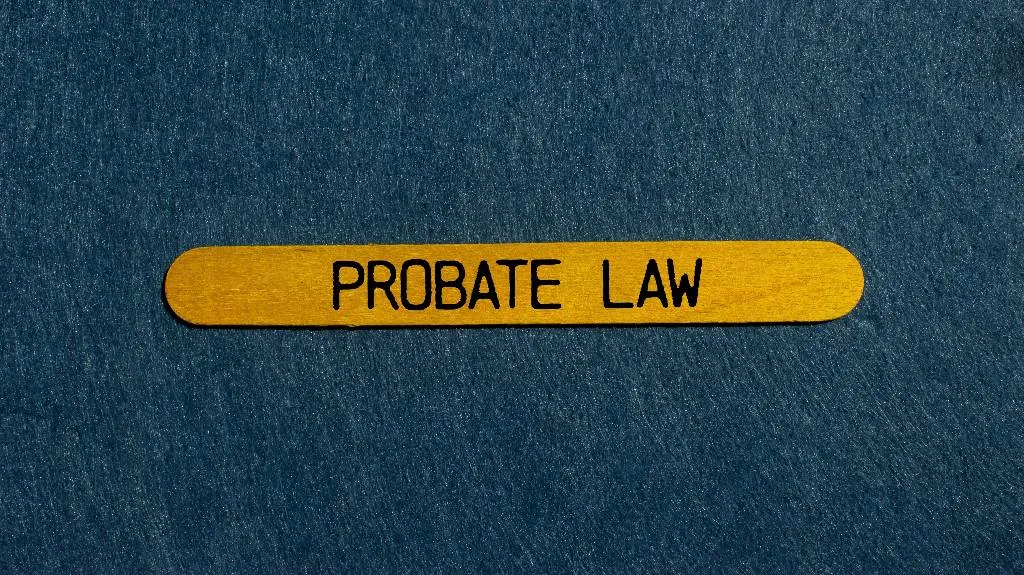Owning property jointly with your spouse is fairly universal and there are estate planning benefits to doing so, including tax savings and post death transfers. However, when it comes to a divorce, there are some issues with joint ownership of which you may not be aware. This article will discuss the issue that arises with owning property in joint tenancy when you begin a marriage dissolution.
We are not divorce attorneys, but there is a fair amount of overlap when it comes to post death administration of someone’s estate. If you are currently in a divorce proceeding, you should discuss the issues raised here with your family law attorney. For our purposes, we want you to be aware of the issues raised here so they can be properly handled in the estate planning context.
Get a Free Consultation Today
Joint Tenancy
First, let’s discuss what it means to own property as joint tenants with your spouse. While this is not the best method for most married couples to hold title, it seems to be very common. Primarily because this is often advice given by real estate agents in the home buying process. While the agent likely has your best intentions in mind, advice on how to vest title can be very complex. Which is why you should discuss this with your attorney instead.
Joint tenancy is a form of joint ownership which is created at the same time through the same transferring document (typically a deed). The special feature of joint tenancy is the right of survivorship that is attached to it. This means that when one of the joint tenants dies, their interest is extinguished and the property interest is instead vested with the surviving joint tenant(s).
Joint tenancy allows for property to be transferred without the need of a court proceeding. It is a great tool for estate planning in certain situations. However, don’t chose this option just because it is cheap or easy. As I mentioned, title vesting is complicated, so it is best that your options are reviewed with an attorney, so you can make the right choice for you and your family.
Estate Planning Effects of Joint Tenancy After Death
Since Joint Tenancy has the right of survivorship feature, your interest in that property is not subject to the instructions you give in your will or trust on how that property is to be disbursed. This is because your will or trust can only distribute property you own at the time you die. Since the property interest you have in property that is owned in joint tenancy is completely extinguished on your death, there is nothing to pass along through your will or trust.
This is the bad side of a joint tenancy form of ownership. You do not have the ability to distribute your interest in a will or trust. The interest simply vests in those with whom you hold a joint tenancy ownership interest.
Severance of a Joint Tenancy
When you take title to a property interest in joint tenancy, you are not necessarily locked into that form of ownership forever. And in the same token, neither are your fellow joint tenants. You all can “sever” the joint tenancy through your own actions.
Meaning, you can remove your property interest from joint tenancy and own it jointly in another form of joint ownership; typically, tenants in common. Assuming this new form of ownership is in fact one that lacks the right of survivorship provision, your property interest can then be distributed according to your instructions in your will or trust.
The method of properly severing the joint tenancy is outside the scope of this article, but if you choose to explorer this option, you should talk to an attorney prior to doing so as it could result in some grave consequences if not done properly.
From an estate planning perspective, joint tenancy can present a liability for you. Since your fellow joint tenants can sever the joint tenancy on their own accord, the property interest you thought you would receive when they die may not happen. Therefore, you should protect yourself and instead explorer other options, such as a living trust.
Severing a Joint Tenancy During a Divorce
While you are typically allowed to sever a joint tenancy on your own accord, there are some situations which prevent you from exercising this right. The initiation of divorce proceedings institutes an automatic stay on the transfer of marital assets. The purpose for this is obvious, we don’t want spouses to serendipitously transfer all the marital assets out of the community estate unfairly. So, the law protects that from happening.
This means that when a divorce is filed with the court, you can no longer unilaterally sever the joint tenancy of property you own with your spouse. Instead, there is a procedure in place that requires you to sever the joint tenancy in a manner prescribed by law. Your family law attorney will help you with this and if you are in the midst of a divorce now, you should have this conversation immediately.
Effects of the Automatic Stay on Estate Planning
It is likely that you will want your ownership interest in the jointly owned property to go to someone other than your soon-to-be-ex spouse. However, unless you sever the joint tenancy, that may not happen.
This is especially true if you are wanting to either update your estate plan or create a new plan because of the divorce. There are steps that must be done in order to ensure your wishes are able to be carried out when you die, especially if you die before the divorce is completed.
Simply establishing or amending a will or trust alone may not be sufficient. Remember you can only distribute property you own at your death through a will or trust. So, if you have not severed the joint tenancy, the property you owned with your spouse may go entirely to that spouse if you were to die before the divorce is finalized.
While you may be focused on the divorce proceedings and dealing with the complex issues that presents, you need to also consider the possibility that you could die before the divorce is completed. This is why consulting with an estate planning attorney when you begin your divorce is vital to protecting your property interests.
The Filippi Law Firm, P.C. can help you navigate those uncertain times and will work hand in hand with your family law attorney to make sure your property interests are fully protected.
Filippi Law Firm, P.C., provides legal services in estate planning, probate, trust administration, trust litigation, and personal bankruptcy in the greater Sacramento area, with a focus in Rocklin, Roseville, Lincoln, and Granite Bay. Give us a call at (916) 333-7910 or fill out the contact form to get in touch with our office. Consultations are free, and they can be done over the phone, via Zoom, or in person at our office in Rocklin. Prepare for your future and work with the best estate planning attorneys today.




